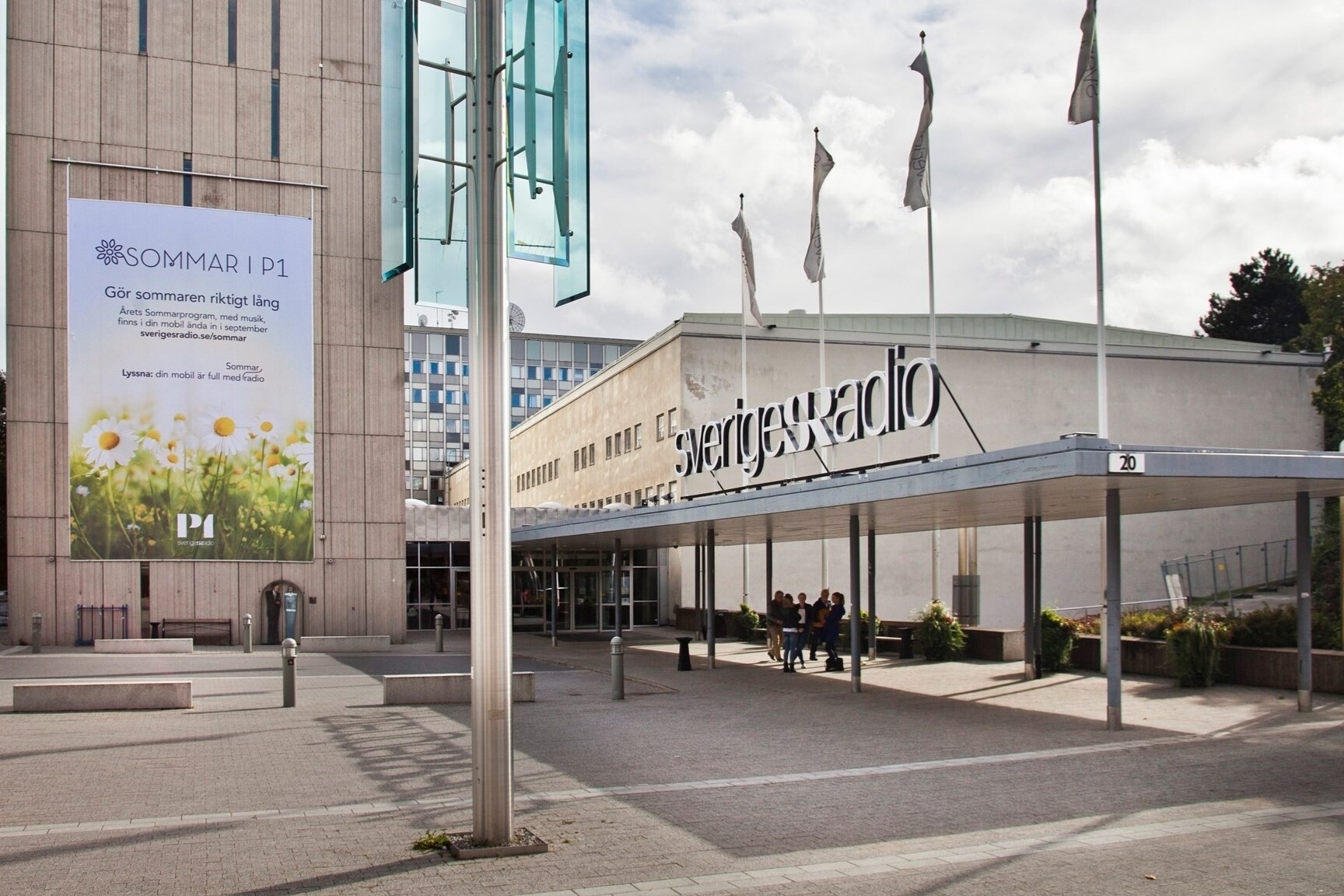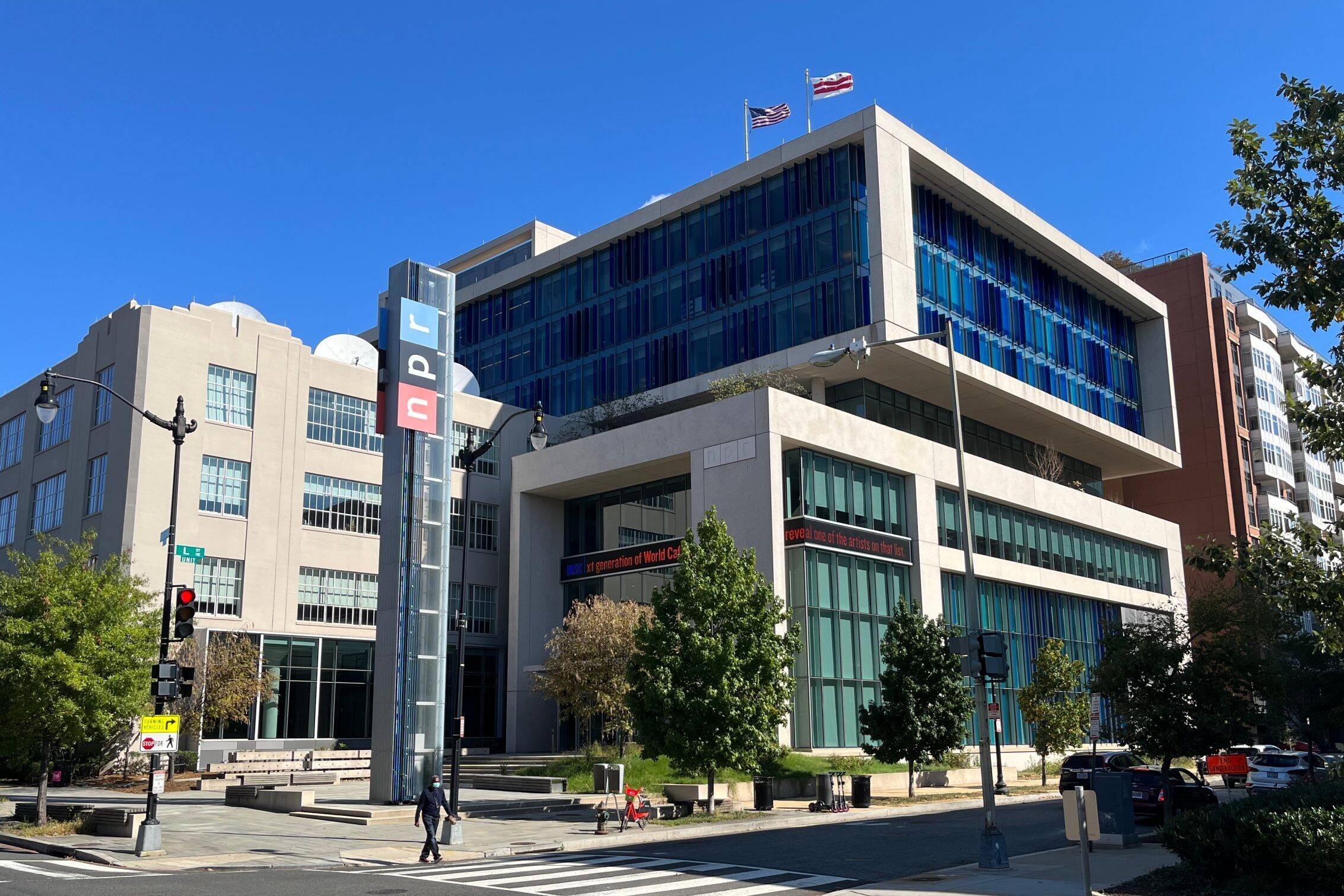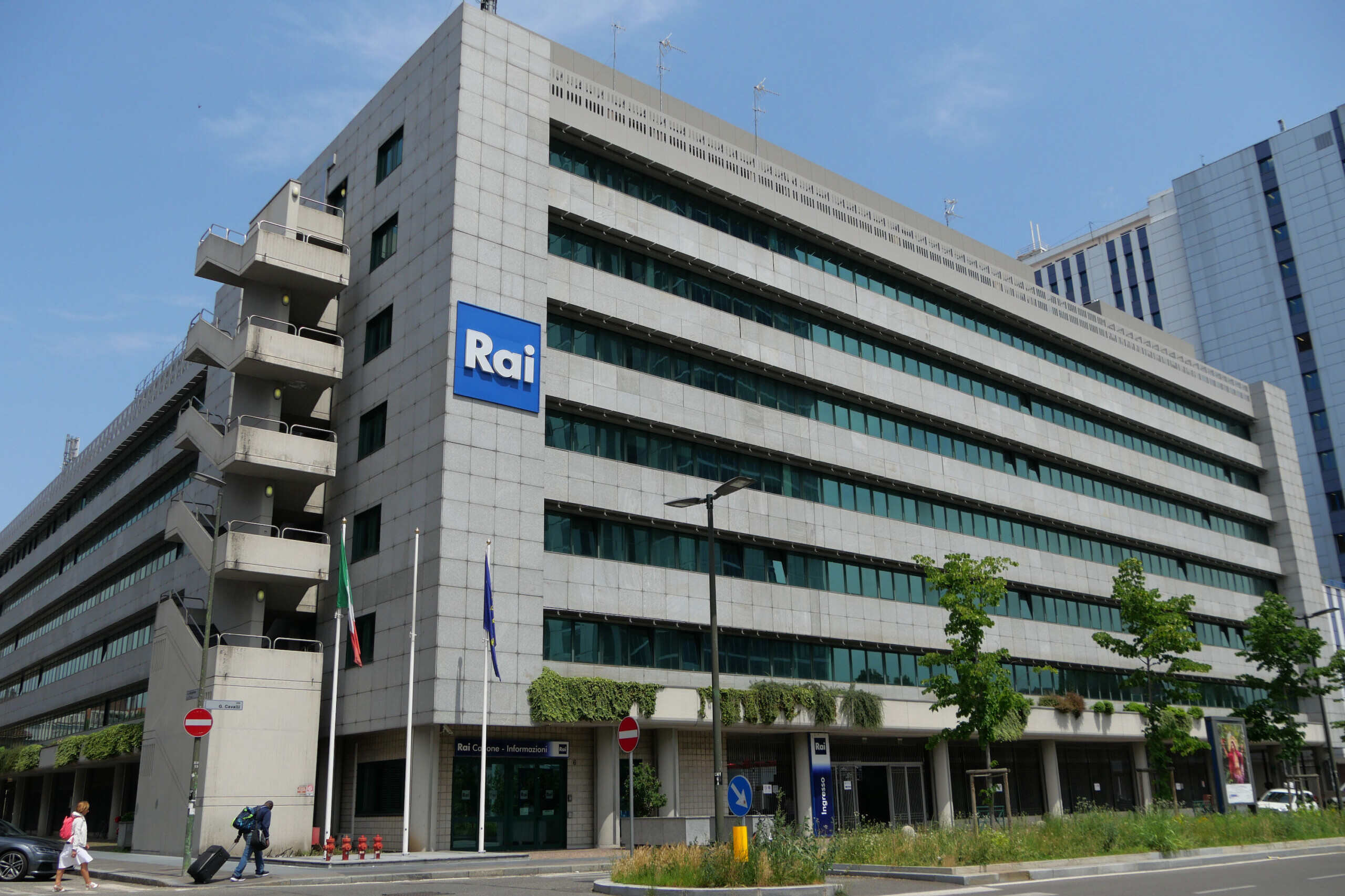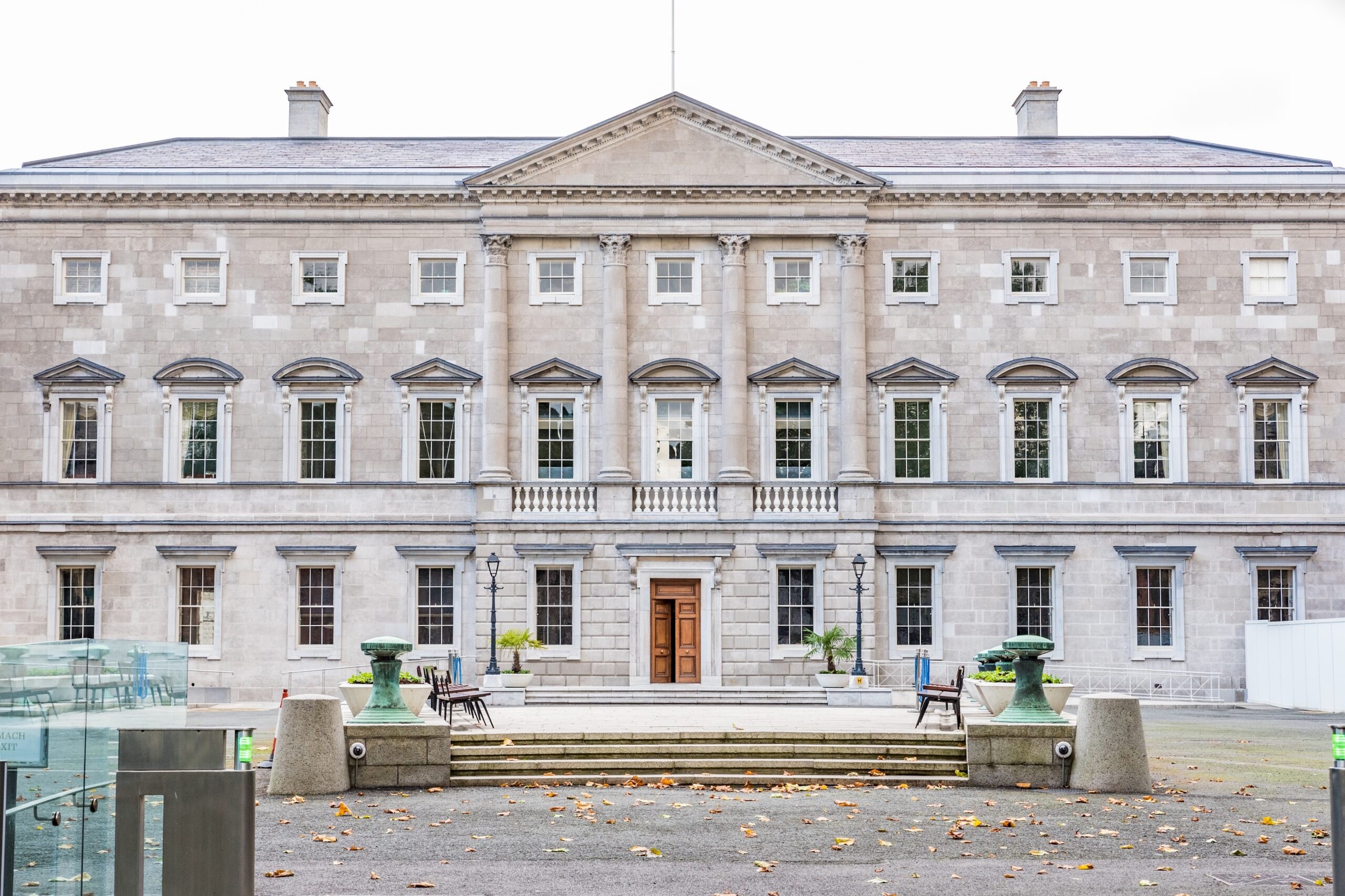Pressure on Rai continues with licence fee cut
23rd October 2023
Rai will face a dramatic cut to its funding after the Italian Council of Ministers announced in its new budget for 2024 a significant reduction of the licence fee.
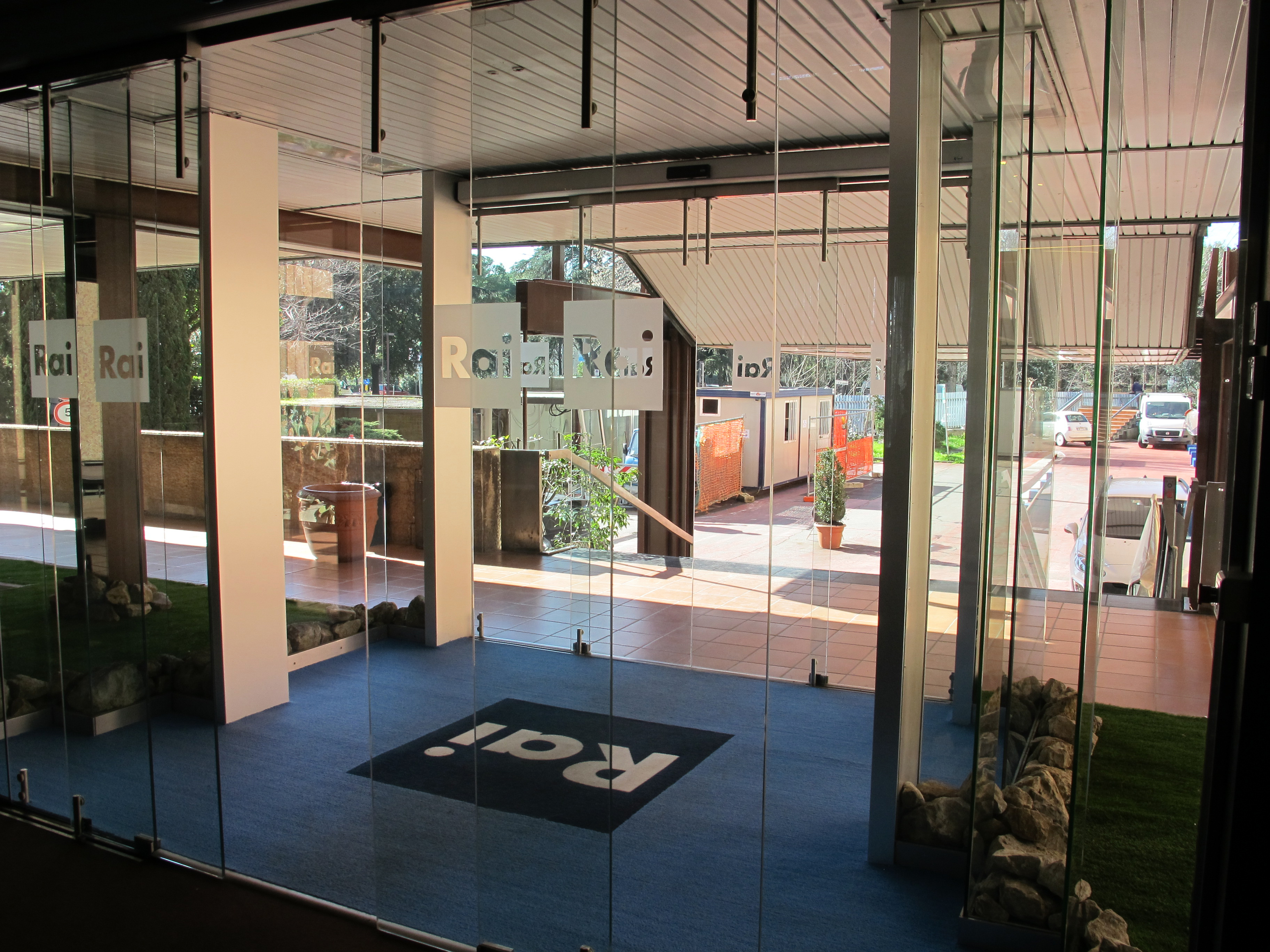
– By Charlotte Pion
IN BRIEF:
- The Italian government decided on a new budget plan for 2024, which included budget cuts for the public broadcaster.
- The financial instability of the public broadcaster has raised worries, making it more vulnerable to political influence.
- Deputy Prime Minister Matteo Salvini’s promise to suppress all public funding for the public media is in the spotlight after the new government budget announcement.
IN FULL:
This year has been a time of turmoil for the Italian public broadcaster. After the resignation of Carlo Fuortes as CEO in May due to political discordance with the party in place, it is now the turn of the licence fee of Rai to be targeted.
Reduction of licence fee
On 16 October, the Council of Ministers presented their budgetary plan for the upcoming year. In the name of savings and tax relief of low and middle-income households in times of “delicate economic situation”, the government announced plans to reduce the public broadcaster’s licence fee by 20%.
“The reduction corresponds to an integration of Rai’s financing for expenses relating to investments. The overall budget therefore undergoes a slight change in line with the cuts envisaged for the ministries (from 440 to 420 million)” announced the government press release. These changes will come into effect on 1 January.
Italian citizens are charged a yearly amount of €90 through their electricity bills, paid in instalments spread over 10 months. This funding model has been in place since 2016, with the licence fee being the main source of funding of Rai, followed by advertisements and other revenues such as services and royalties.
With the new budget plan of Georgia Meloni’s government, the television tax would be reduced to €70 per year for every TV-owning household.
After the publication of these changes, Giancarlo Giorgetti, Minister of Economy and Finance, also expressed himself on the various eventual future reforms of the public broadcaster’s licence fee. He hinted that it could potentially be linked to the possession of a telephone account, as television programmes are now also made available on devices such as phones and tablets.
Subscribe toour newsletter
Keep updated with the latest public
media news from around the world
Continuing pressures on Rai
This reform of the licence fee was not the only worrisome challenge that Rai has been facing this year. Earlier this spring, the European Commission and other organisations noted their concern after the departure of former CEO Carlo Fuortes, who was replaced by Roberto Sergio, a known supporter of the far-right party in place.
Since this political appointment, certain TV programmes were suspended and several journalists and presenters resigned.
In September, Politico exposed Meloni’s government clear attempts to control the public media, despite the European Commission demanding for the broadcaster’s independence from any political interests.
This blow to the financial sustainability of Rai as well as the recent political grip on the management puts its independence at greater risk, as some have warned that financial instability could lead to political influence. In August, Ricardo Gutiérrez, General Secretary of the European Federation of Journalists (EFJ), expressed his concerns about the Italian public broadcaster, saying that “not only is the management of public television under total political influence, but it also lacks the financial resources to fulfil its mission”.
“The transfer of Rai’s financing to general taxation does not lead to 1 cent of savings for citizens, but definitively hands over control of the Public Service to the government. Every year the same blackmail for Rai: either subjugated or downsized.” – Vittorio Di Trapani, President of the Fnsi
And this is not the end for upheaval at Rai. According to Matteo Salvini, Minister of Infrastructure and Transport and Deputy Prime Minister, the lowering of the broadcasting tax is just the beginning of an era of changes for the public broadcaster, which will be subjected to further reforms.
The announcement of the cut to Rai’s licence fee brings back into the light the promise of the hard right League party of Mr. Salvini, to completely abolish the public subsidy for Rai.
Reception
The cut in Rai’s licence fee was well received from consumer rights organisations. They argued that it would ease the life of people, since the current economic situation in Italy has been particularly difficult due to recent inflation and the rise of energy prices. They also stated that the public should not be the ones subsidising a broadcaster especially when there are “other viable commercial broadcast and streaming alternatives”.
But by others, this cut was seen as another threat to the independence of Rai. Vittorio Di Trapani, president of the National Federation of the Italian Press, said that “The transfer of Rai’s financing to general taxation does not lead to 1 cent of savings for citizens, but “definitely would hand over control of the Public Service to the government. Every year the same blackmal for Rai: either subjugated or downsized”. Journalists and labour unions supporting Rai’s media professionals have also rejected this plan, saying such manoeuvres would turn Rai into a government mouthpiece.
This reduction of the licence fee of a public broadcaster is one of a series of similar measures either taken by other public service media or imposed to them by their government.
ANALYSIS:
The actions of the Italian government since it assumed power – in first making personnel changes at the top of the organisation, and now in reducing its funding and making further threats of reform – has demonstrated a lack of regard for the independence of Rai. Independence (which includes an independent funding mechanism free from government interference) is the cornerstone for trust in public media. The actions of the government could do lasting damage to the trust audiences have in Rai if they believe it is a government mouthpiece rather than an independent public service broadcaster.
Related Posts
25th July 2023
“Dark day” as US public media has funding axed
The House's to scrap the funding of the…
11th May 2023
Rai CEO resigns sparking fears of political interference
“A political clash has erupted over the…
